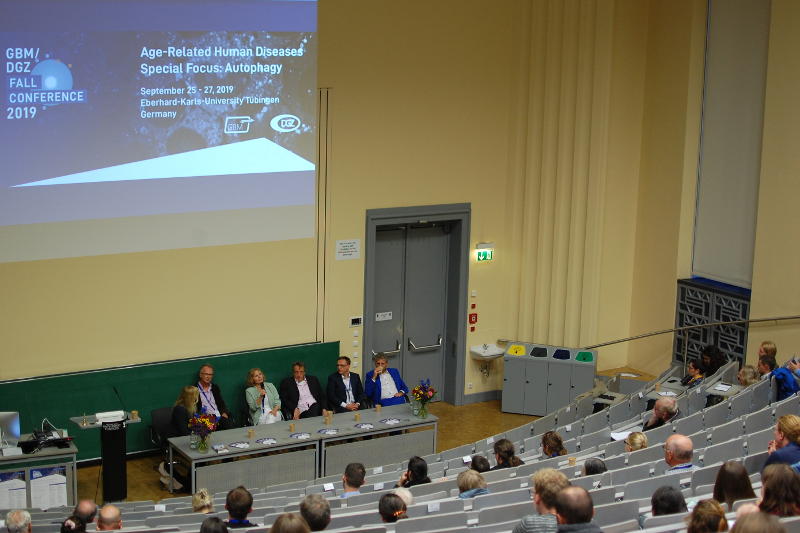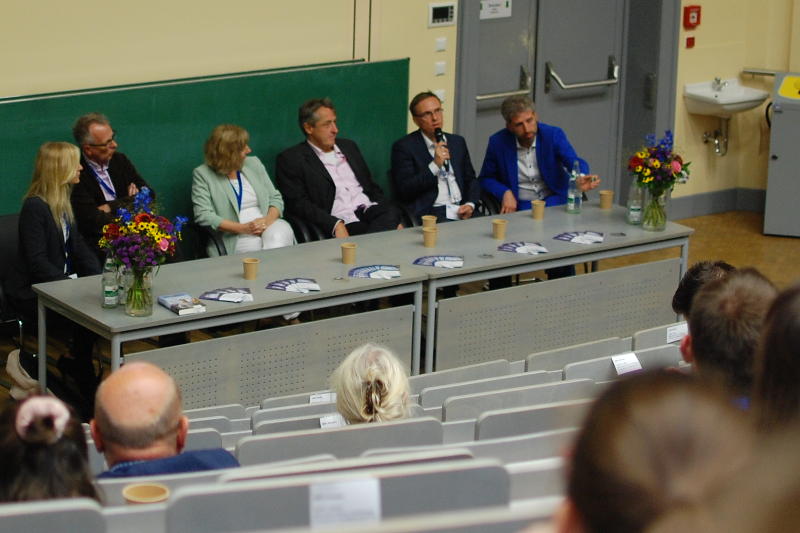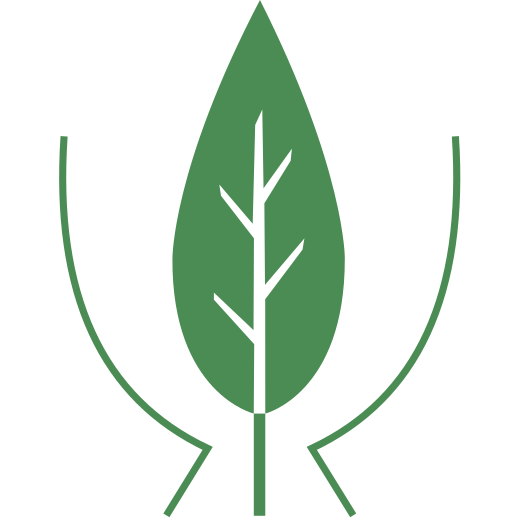Autophagy congress in Tübingen with panel discussion

On September 24, 2019, as the father of a daughter with BPAN and in my role as Second Chairman of Hoffnungsbaum e.V., I took part in a public Panel discussion on the topic of "Autophagy and its significance for health and neurodegeneration". It took place as part of this year's international fall conference of the German Society for Biochemistry and Microbiology and the German Society for Cell Biology in Tübingen. Noah Rusch, also a board member of Hoffnungsbaum e.V., was in charge of an information stand.
I was invited to the discussion by the organizer and autophagy researcher Prof. Dr. Tassula Proikas-Cezanne to represent neurodegenerative diseases that begin in childhood for Hoffnungsbaum . Autophagy is impaired in some NBIA variants, including BPAN. Autophagy is a cellular process that is responsible for the breakdown and utilization of substances that are produced as waste products during metabolism and cannot be used by the cells. Autophagy ensures that these substances are broken down and can be made available to the cell again as building blocks. It plays an important role in age-related diseases such as Alzheimer's and Parkinson's.

Three renowned scientists took part in the discussion: Prof. Proikas-Cezanne, Prof. Dr. Christian Behl (Director of the Institute of Pathobiochemistry at the University of Mainz) and Prof. Dr. Frank Madeo (Head of the "Ageing and Cell Death" working group at the University of Graz). They were joined by the Lord Mayor of Tübingen, Boris Palmer. The discussion was chaired by the well-known science journalist Ina Knobloch.
The one-hour discussion shed light on both the topic of "autophagy" as a health-relevant mechanism in old age and its disruption by
congenital genetic mutations, here with the example of BPAN. I had the opportunity to give an impressive account of how BPAN affects children's lives and the challenges this disease poses for the families affected. This information is particularly interesting and motivating for researchers, as genetic diseases associated with autophagy are also little known among them.
Prof. Proikas-Cezanne in particular is very interested in decoding BPAN. She discovered the WDR45 gene more than 15 years ago. The causative role of this gene for an NBIA disease, which was then named BPAN, was first described in 2012 by scientists from the TIRCON consortium. Prof. Proikas-Cezanne has also extensively studied the protein WIPI4, whose function is impaired by the BPAN mutations, and uncovered its role in autophagy. The researcher was all the more thrilled when she heard that a disease such as BPAN could be caused by the gene she had discovered.
This is the beginning of what could be a long-term partnership in the fight against BPAN. Prof. Proikas-Cezanne has already initiated a BPAN research project with public funding. We will inform you as soon as we know more.
